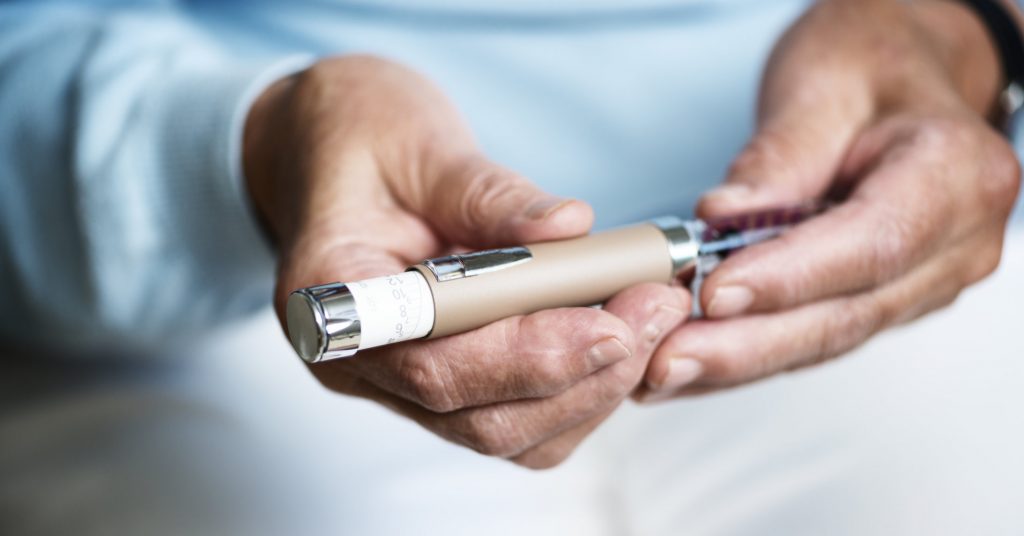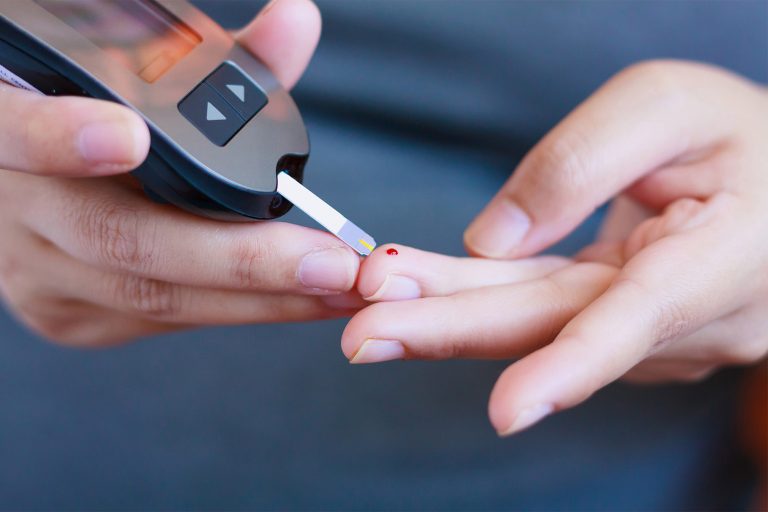
Rapid-acting insulin
This type of insulin is taken before or after meals for controlling spikes in blood sugar. It’s a long-acting insulin (it lasts 3 to 5 hours). “You can take it a few minutes before eating or as you sit down to eat, and it starts to work very quickly,” says Manisha Chandalia, MD, director of the Stark Diabetes Center at the University of Texas Medical Branch, in Galveston.

Short-acting insulin
It covers your insulin needs only during meals and it’s taken about 30 minutes to an hour before your meals in order to help you to control blood sugar levels. The effect of this type of insulin lasts about five to eight hours.
“The biggest advantage of short-acting insulin is that you don’t have to take it at each meal. You can take it at breakfast and supper and still have good control because it lasts a little longer,” Dr. Chandalia says.

























